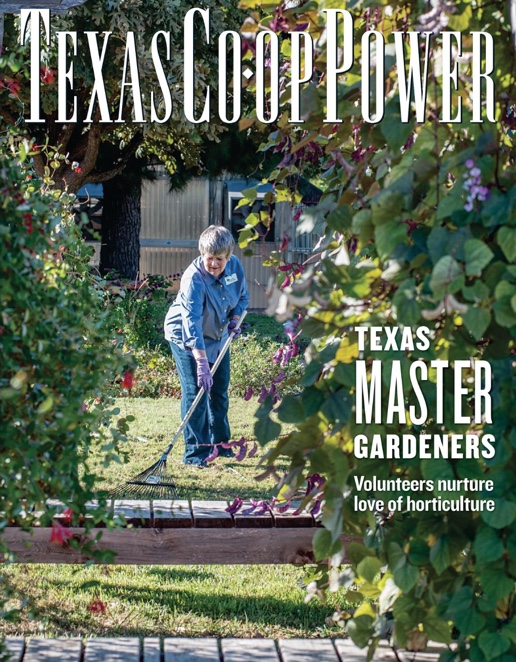Drawing on fiber-optic lines is always a misfire. Don’t shoot game birds
off the lines and always call 811 before you dig.
by
MATT ARNOLD
Inadvertently digging through buried fiber-optic cable isn’t the only way that United members can accidentally cause outages. Hunters shooting at fiber-optic and power lines can also cause expensive damage.
Chris MacIntyre, vice president of internet services, said United needs to spread the word as much as possible, and in as many places as possible about the damages and cost incurred by hunters who shoot fiber-optic lines.
“Unfortunately, we’ve had a record-breaking year of damage from hunters shooting lines,” MacIntyre said. “This type of loss is completely avoidable. The burden of paying for the repairs should fall on the hunter who shoots the wire, but they rarely get caught. Instead, it falls squarely on the members. It is an expense that doesn’t have to occur. Responsible hunters should spread the word about not shooting lines.”
Fiber-optic lines are made of glass and can be damaged easily, said Ed Nuñez, manager of operations at United.
“Electric lines, while made of steel and aluminum and are more robust than fiber optic, can also be damaged by gunfire,” Nuñez said.
Dove season continues into January for the North and Central Zones in Texas, and that means hunters may cause outages as they try picking off their quarry as they sit perched on electric lines or fiber-optic cable, said Clay Turner, outside plant manager for internet services.
“During the last three years, we have had a dozen or more fiber lines shot by dove hunters,” Turner said. “Some of these repairs can cost $30,000 or more, and we will pass these repair costs along to the culprit, if possible. The impact of a shot cable could result in hundreds of members without internet service. Shooting game birds off the wire not only damages the lines, but it’s also illegal. Lots of people don’t know that. It’s just the right thing to do to wait until they fly off or find birds in other locations.”
Turner said the repairs to fiber internet cables caused by digging average about seven to 10 a week, and those numbers seem destined to continue increasing.
At about $300 for each time a truck is rolled during working hours, the added expense of repairing United’s new fiber-optic lines pumping the co-op’s high-speed internet into members’ homes has become an unfortunate regular occurrence, Turner said, and that repair price goes up significantly after-hours and on weekends.
As the seasons change from winter to spring and members begin to work in their yards, Turner said he hopes that, just as for other buried utilities, United members remember to call 811 before they dig to have fiber-optic cables marked to avoid unnecessary damages and added expense to the co-op’s infrastructure.
“The cut fiber-optic lines start in the spring, with the main cause being people doing yard work, remodels and additions to their homes,” Turner said. “Dirt work and excavation for driveways and plumbing repairs are also common reasons why fiber-optic lines get cut by accident. We have more than 28,000 internet subscribers now, and that number keeps growing. As the number of subscribers grows, so does the accidental damage to lines.”
Turner encouraged members to remember that buried fiber-optic cable usually comes off the pole or out of a junction box at almost a straight line of sight to where it attaches to the house. The lines are not encased in conduit and are buried at the industry standard of six inches below the surface to keep installers from causing damage to existing utilities and sprinkler systems that may lie below the surface.
While he said that he understands that members may forget that the new internet cable lies six inches below the soil, it’s better for members not to hazard a guess as to where the fiber-optic line may traverse their properties. He suggested making a phone call to 811, which is the best way to avoid having the problem altogether with either cut fiber-optic lines or any other utility under the soil.
“We recommend calling 811 any time members want to dig in their yards or anywhere on their property because it’s the safest way to prevent damage, harm to people or even death,” Turner said. “Members need to call the DigTESS 811 line any time they are going to dig anywhere on their property. It’s state law, and they can be held liable for damages. Even if they think they remember where the lines were marked from a utility location in the past, the area’s continuously expanding and contracting soil can cause those lines to move underground. It’s better to be safe than sorry and just call 811.”


